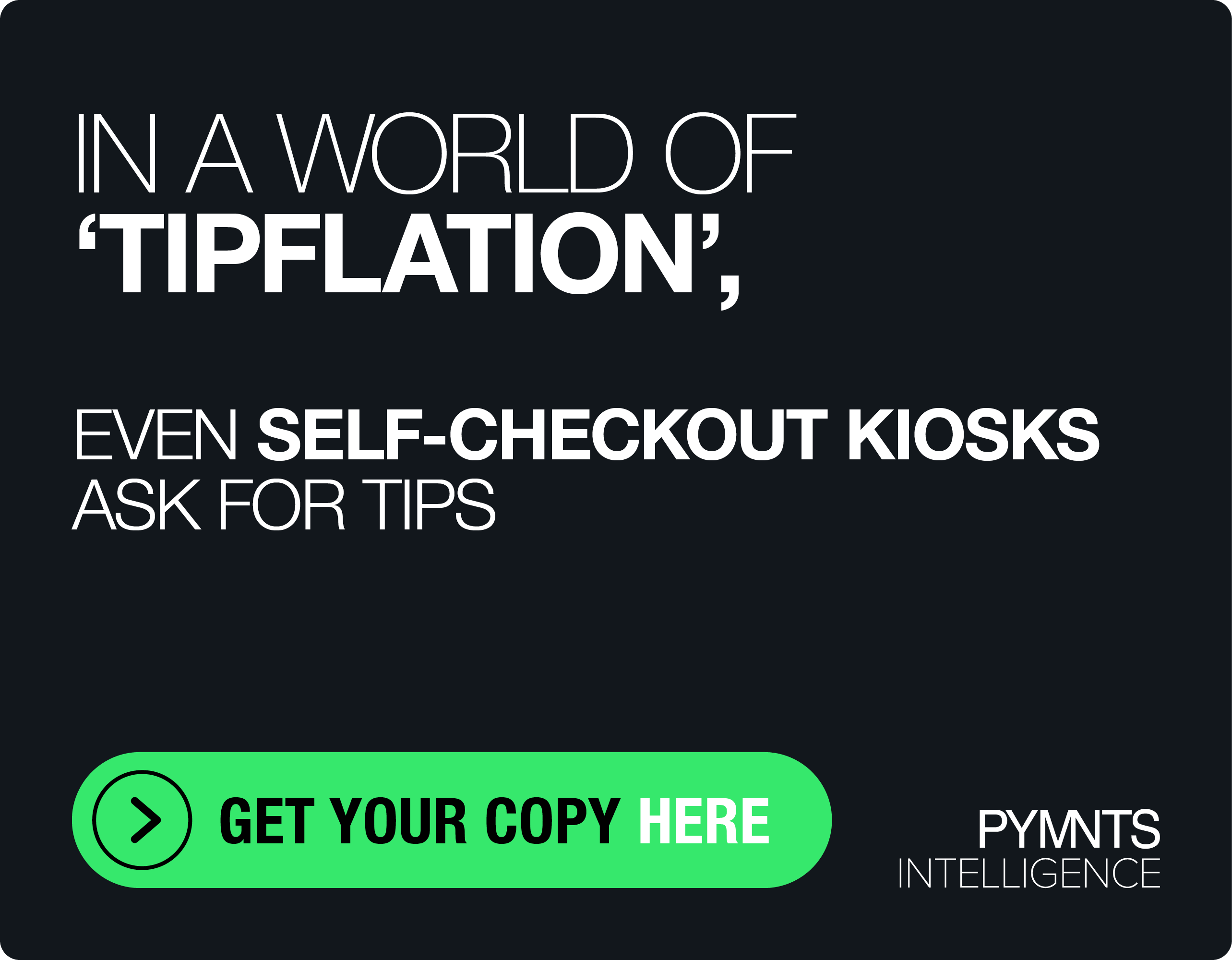Automakers Hike Discounts as Interest Rates Chase Buyers Away

Automakers are under increased pressure to discount their cars as higher borrowing costs make consumers nervous.
As The Financial Times reported Sunday (April 2), data from Cox Automotive shows the average interest rate on a new car or truck loan is at 8.95%, compared to 5.66% a year ago.
Recent banking turmoil has tightened credit access and made lenders “acutely aware of the risk that they are potentially dealing with and essentially are trying to ensure that they are getting a risk-adjusted return,” Jonathan Smoke, chief economist at Cox Automotive, told the FT.
The same pressures are causing dealers to offer discounts, which averaged about $1,474 per vehicle in February, the highest level in a year.
“The first domino to fall is really the dealer mark-ups we saw over the past two years,” said Fitch Ratings analyst Stephen Brown. “We’re already seeing a lot of that start to go away.”
The news comes amid an already rough year for both new and used car dealers alike, with preowned auto sellers like Cazoo and Carvana reporting recent struggles.
The FT report also notes that high costs have forced some riskier subprime borrowers out of the market. The borrowers represent just 5% of the market for new cars and trucks this year, according to Cox Automotive data, compared to 14% in 2019.
Asheville, North Carolina, car dealer Kristy Elliott told the news outlet she’s seen the impact of rising borrowing costs, with consumers more “skittish” about larger payments, including ones who weren’t worried last year “because the rates kept increasing on a pretty quick clip.”
“It’s not that they can’t afford a car, but no one likes to pay interest,” Elliott said.
Meanwhile, recent PYMNTS research shows that rising interest rates have made consumer credit cards an increasingly expensive burden to carry.
According to findings in the PYMNTS report, “New Reality Check: The Paycheck-to-Paycheck Report,” a collaboration with LendingClub, consumers have begun to adjust their spending as the macroclimate eats away at their purchasing power and overall financial confidence.
The report found around 7 out of 10 consumers have made at least one card management adjustment (70%), or at least one compromise (67%), to ease their credit card debt burden over the last 12 months.
At the same time, PYMNTS data shows that fewer consumers expect their financial situation to worsen, a sign that consumers have settled into the new economic environment by adjusting their spending to reduce the impact on bottom lines. However, this slight uptick in consumer optimism comes at the expense of discretionary spending.

